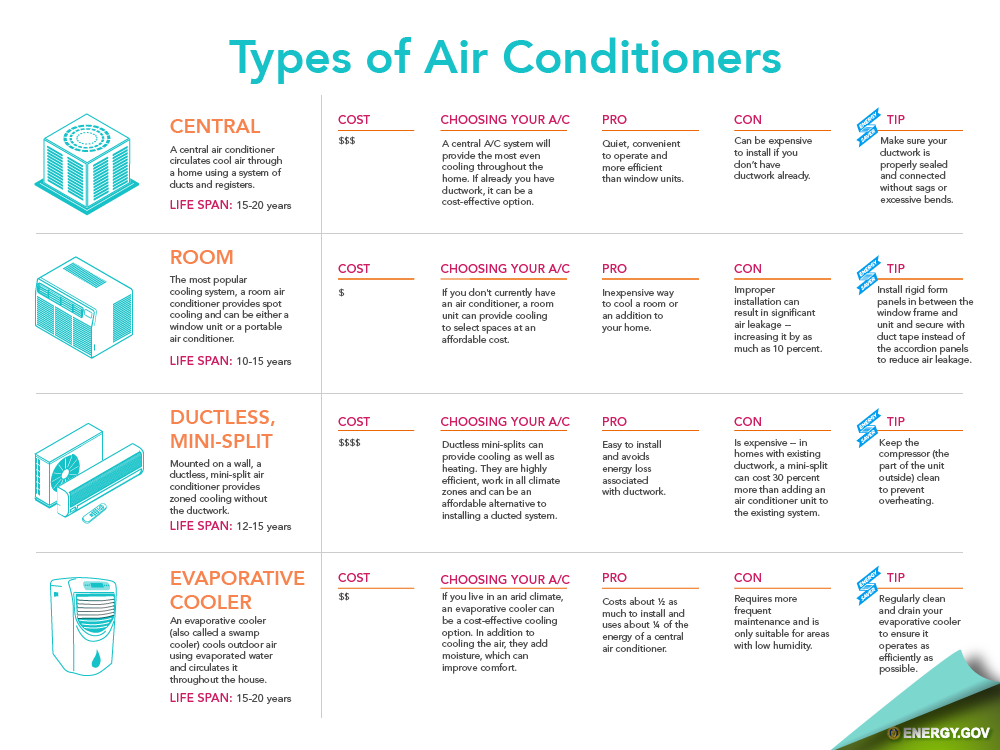The Future Of Home Heating - Just How Heat Pump Modern Technology Is Advancing
The Future Of Home Heating - Just How Heat Pump Modern Technology Is Advancing
Blog Article
Content Writer-Fraser Stack
Heatpump will certainly be a crucial innovation for decarbonising home heating. In a circumstance consistent with governments' introduced energy and environment dedications, their worldwide capacity doubles by 2030, while their share in heating rises to one-quarter.
They work best in well-insulated homes and rely on power, which can be supplied from a renewable power grid. Technical innovations are making them more effective, smarter and less expensive.
Gas Cells
Heatpump utilize a compressor, cooling agent, coils and fans to move the air and warm in homes and appliances. They can be powered by solar energy or electrical energy from the grid. They have actually been obtaining popularity due to their affordable, silent operation and the capability to create power during peak power demand.
Some companies, like IdaTech and BG MicroGen, are dealing with fuel cells for home heating. These microgenerators can change a gas central heating boiler and generate several of a residence's electrical needs with a link to the power grid for the remainder.
However there are factors to be doubtful of using hydrogen for home heating, Rosenow says. It would certainly be costly and inefficient contrasted to various other technologies, and it would contribute to carbon emissions.
Smart and Connected Technologies
Smart home technology permits homeowners to attach and manage their tools remotely with making use of mobile phone applications. For example, wise thermostats can discover your heating preferences and automatically adapt to optimize energy usage. Smart lighting systems can be regulated with voice commands and automatically shut off lights when you leave the room, decreasing power waste. And clever plugs can keep an eye on and handle your electric use, enabling you to determine and restrict energy-hungry home appliances.
The tech-savvy household illustrated in Carina's interview is a good picture of exactly how residents reconfigure room home heating practices in the light of new smart home innovations. They count on the tools' automated attributes to carry out everyday adjustments and regard them as a hassle-free means of performing their home heating techniques. Thus, they see no reason to adjust their practices further in order to enable adaptability in their home energy need, and treatments focusing on doing so may deal with resistance from these homes.
couch cleaning christchurch
Given that heating up homes accounts for 13% people exhausts, a switch to cleaner alternatives can make a big difference. But the technology faces obstacles: It's costly and requires substantial home restorations. And it's not constantly suitable with renewable resource sources, such as solar and wind.
Until lately, electric heatpump were also expensive to compete with gas designs in most markets. Yet brand-new innovations in layout and products are making them a lot more budget friendly. And far better cool climate performance is enabling them to function well also in subzero temperature levels.
The next step in decarbonising home heating may be making use of heat networks, which attract warmth from a main source, such as a close-by river or sea inlet, and disperse it to a network of homes or buildings. That would certainly decrease carbon discharges and allow houses to take advantage of renewable resource, such as environment-friendly electrical energy from a grid provided by renewables. https://www.achrnews.com/articles/145554-four-hvac-tests-and-solutions-to-improve-sleeping-conditions would be much less pricey than switching to hydrogen, a fossil fuel that calls for new infrastructure and would only reduce CO2 exhausts by 5 percent if coupled with enhanced home insulation.
Renewable resource
As power prices go down, we're beginning to see the very same pattern in home heating that has actually driven electrical cars and trucks into the mainstream-- but at an also faster rate. The strong environment instance for impressive homes has actually been pressed better by new study.
Renewables make up a significant share of modern-day warm consumption, but have actually been offered minimal plan interest internationally compared to various other end-use markets-- and even less attention than power has. In part, this shows a mix of consumer inertia, split motivations and, in numerous countries, subsidies for fossil fuels.
New technologies can make the change less complicated. As an example, heatpump can be made much more power effective by changing old R-22 cooling agents with brand-new ones that do not have the high GWPs of their predecessors. Some professionals additionally imagine area systems that draw heat from a neighboring river or sea inlet, like a Norwegian fjord. The warm water can then be made use of for cooling and heating in a neighborhood.